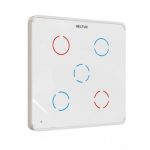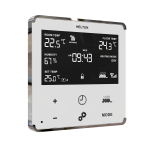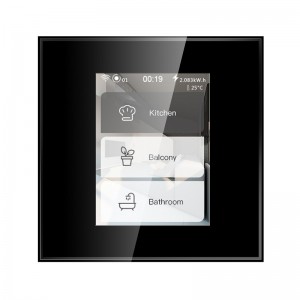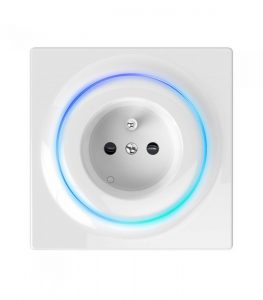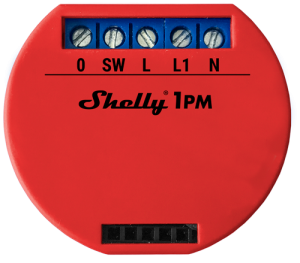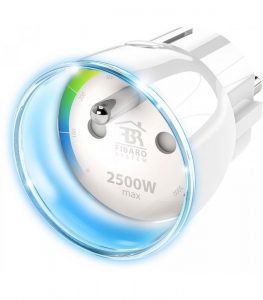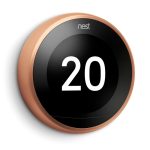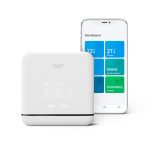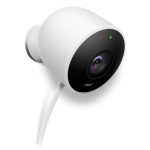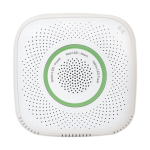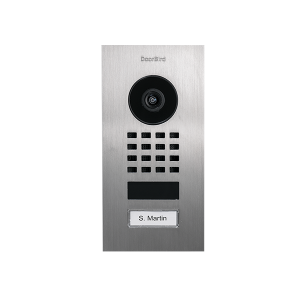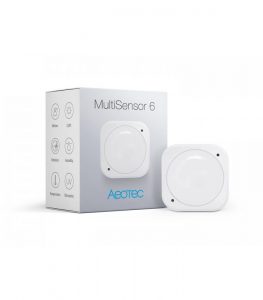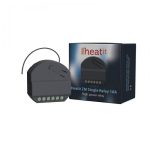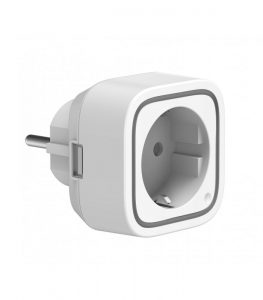Smart Home Management
Smart home managers enable IoT devices to communicate, automate processes and be controlled by one source, such as a smart assistant or mobile phone.
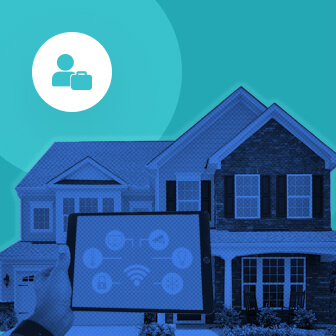
What is Smart Home Management?
Smart home management is a form of consumer-focused device management, providing a platform to monitor and manage other consumer IoT devices including thermostats, lights, security systems, and appliances. They enable smart devices to communicate, exchange data, and be controlled by third-party software while, for the consumer, providing a clean and consistent interface through which multiple devices can be accessed and commanded.
Value Proposition
Interoperability and ease-of-use are huge selling points for consumers looking to add to their smart home. According to a 2018 study by Parks Associates, 75 percent of consumers who planned to buy a smart home device said it was essential that their device be interoperable with their existing and future devices. Consumers are looking for a device that not only “just works,” it also works with everything they already open.
That’s where smart home management solutions come in. Choosing the right smart home management platform ensures that your product is compatible with existing and complementary products on the market, can reduce the headache of the first installation for your users, and inspires confidence that your device will continue to be supported, even years after it is first purchased
Although most smart home devices can be controlled via an app and don’t require a management system or hub, Smart home management solutions allow users to control many devices from one interface and automate processes and routines that leverage multiple devices – pretty much all of the coolest parts of having a smart home. For example, users can create automated processes that turn down the lights when the television is turned on, or lower the thermostat and turn on the light at the front door when the door is unlocked.
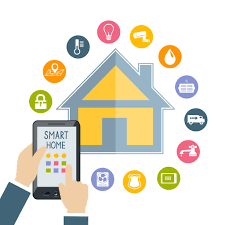
How it Works
Smart home management platforms can take the form of physical hubs, like Google and Amazon’s smart speakers or Samsung’s SmartThings hub, or they may be a built-in software solution that powers both the device itself and enables it to communicate with others, like SoftwareAG’s IoT integration platform.
Smart home hubs serve the same purpose as old-timey telephone operators. They listen for data from different devices, translate it into the correct protocol, and pass it over. Or, if they’re issuing commands, they’re able to transmit the data in a way that each device will understand and be able to act on it. Most hubs support multiple communication protocols, often including Z-Wave, Zigbee, Wifi, and Bluetooth, meaning that they’re able to communicate messages between devices using any of those protocols without issue.
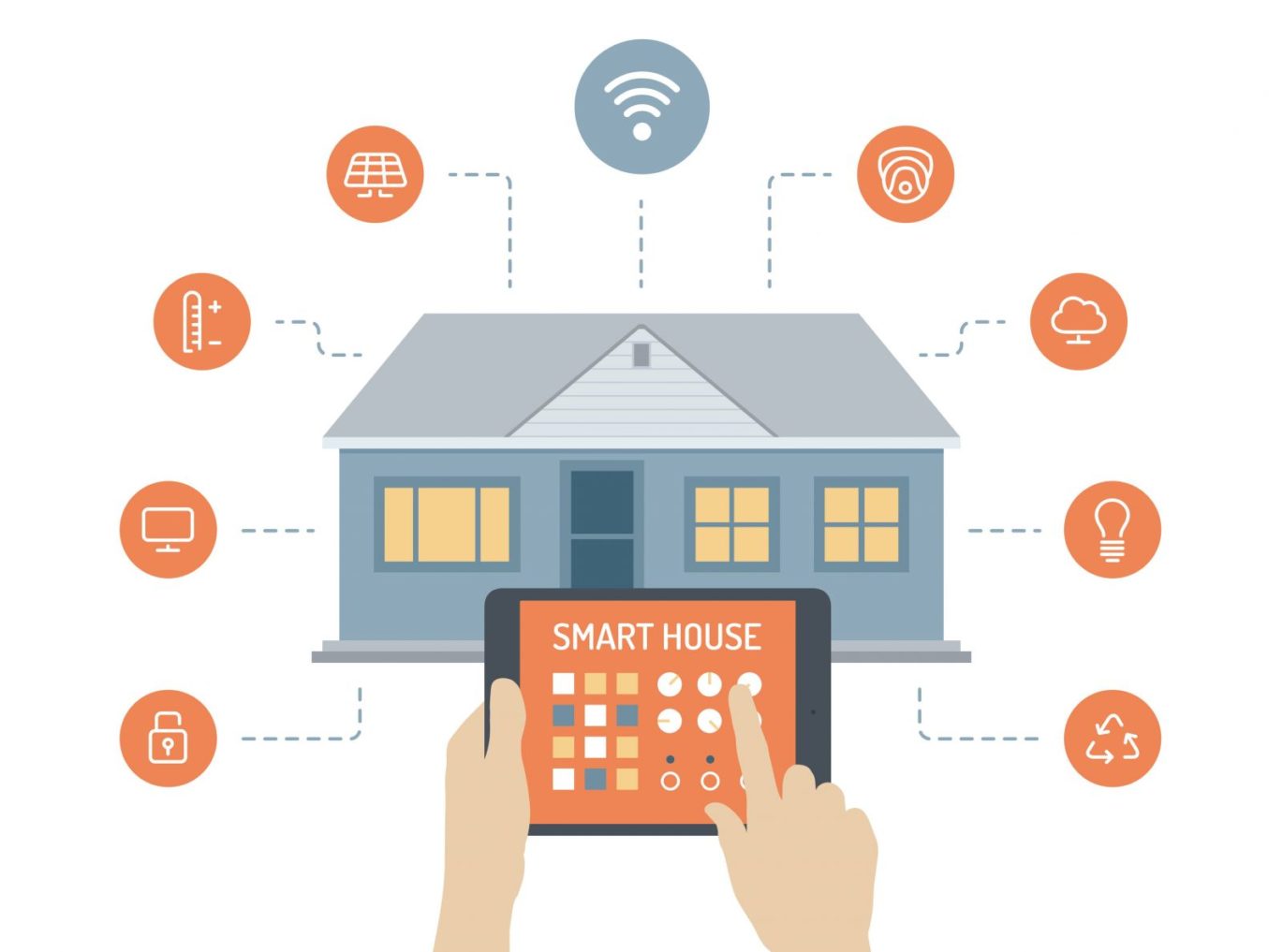
Key Benefits of Smart Home Management
- Enable smart home devices to communicate, exchange data, and trigger actions based on each other, despite different manufacturers and brands.
- Automate processes and create schedules that engage multiple devices.
- Access different devices, no matter their brand, from one interface – preventing users from having to learn and manage multiple apps to manage and operate their smart home.

